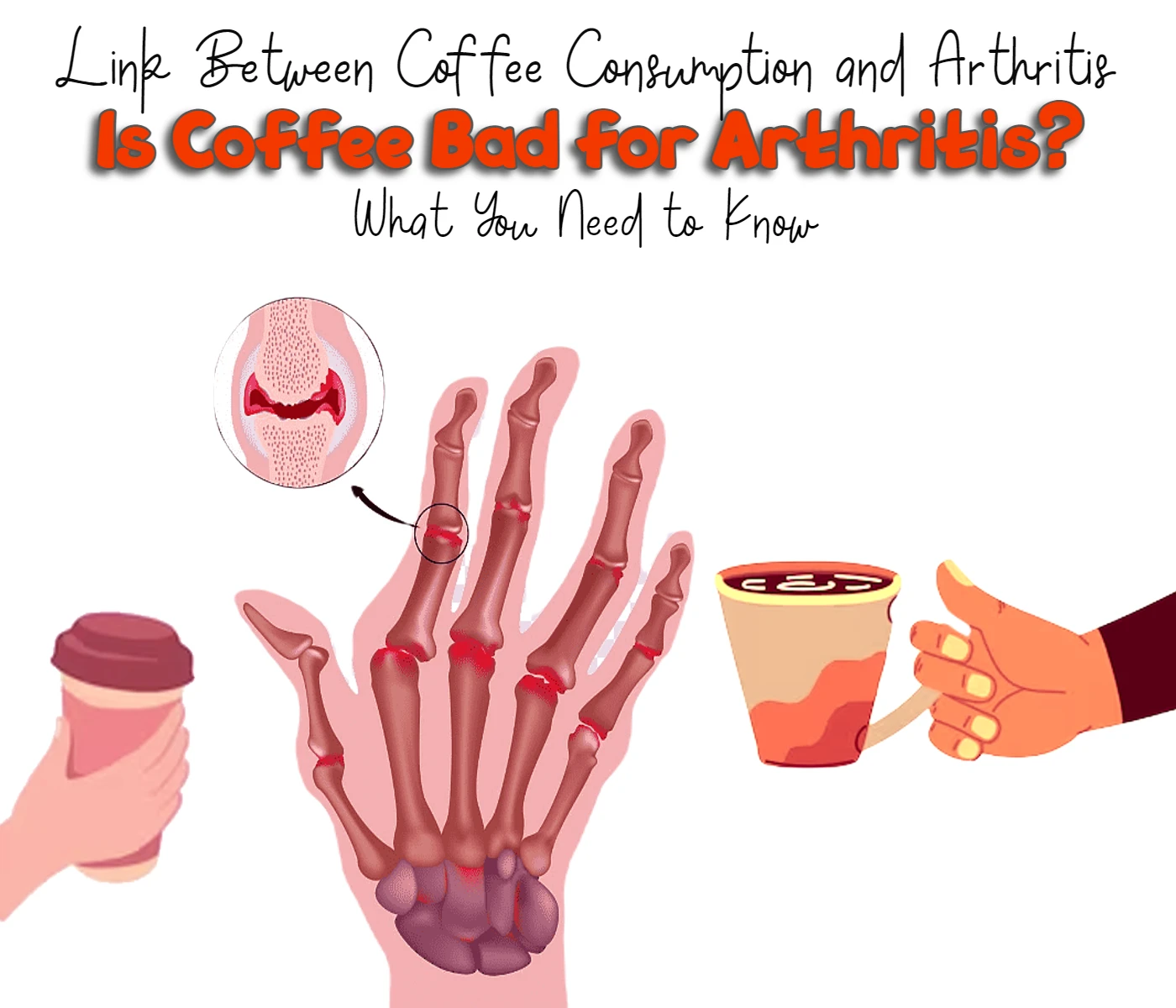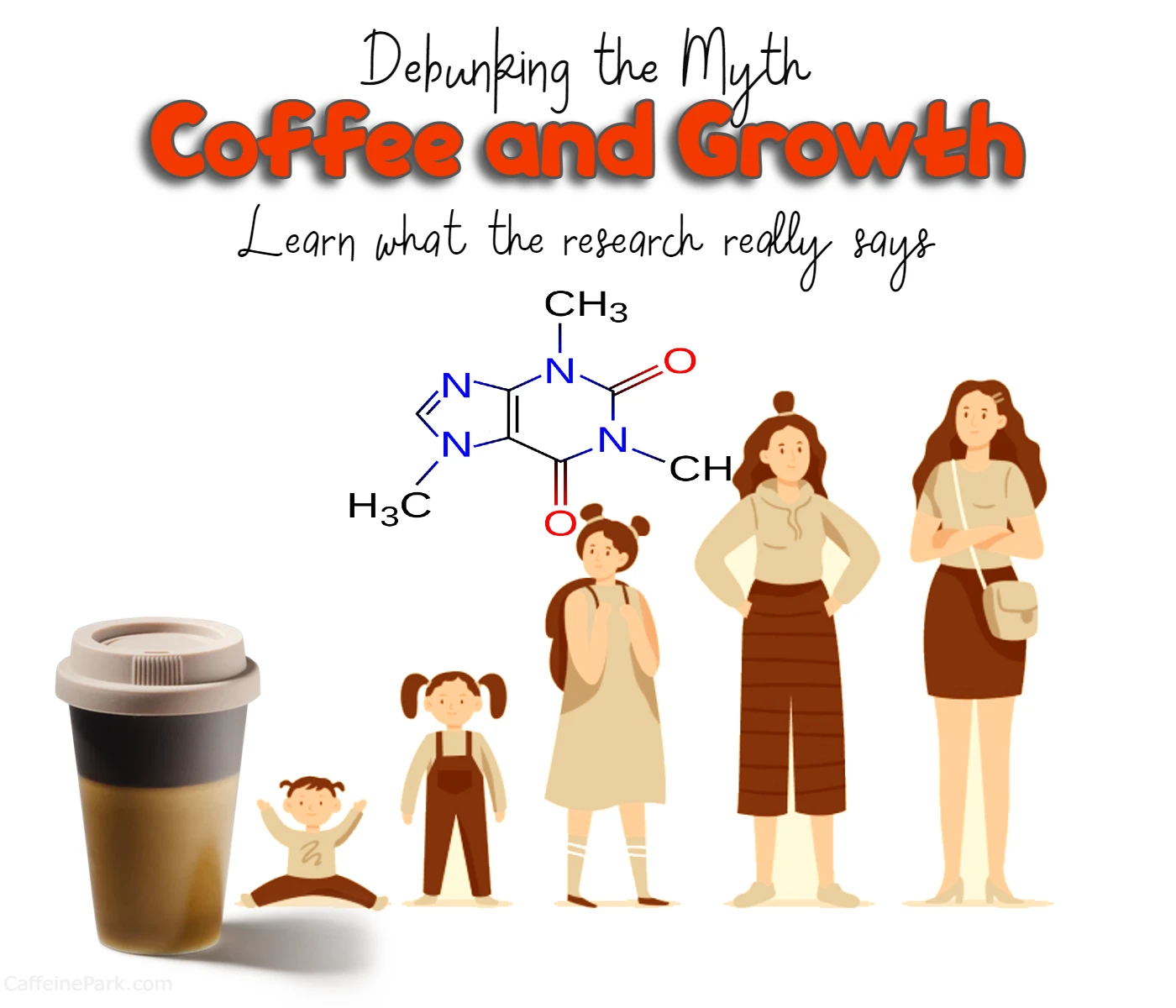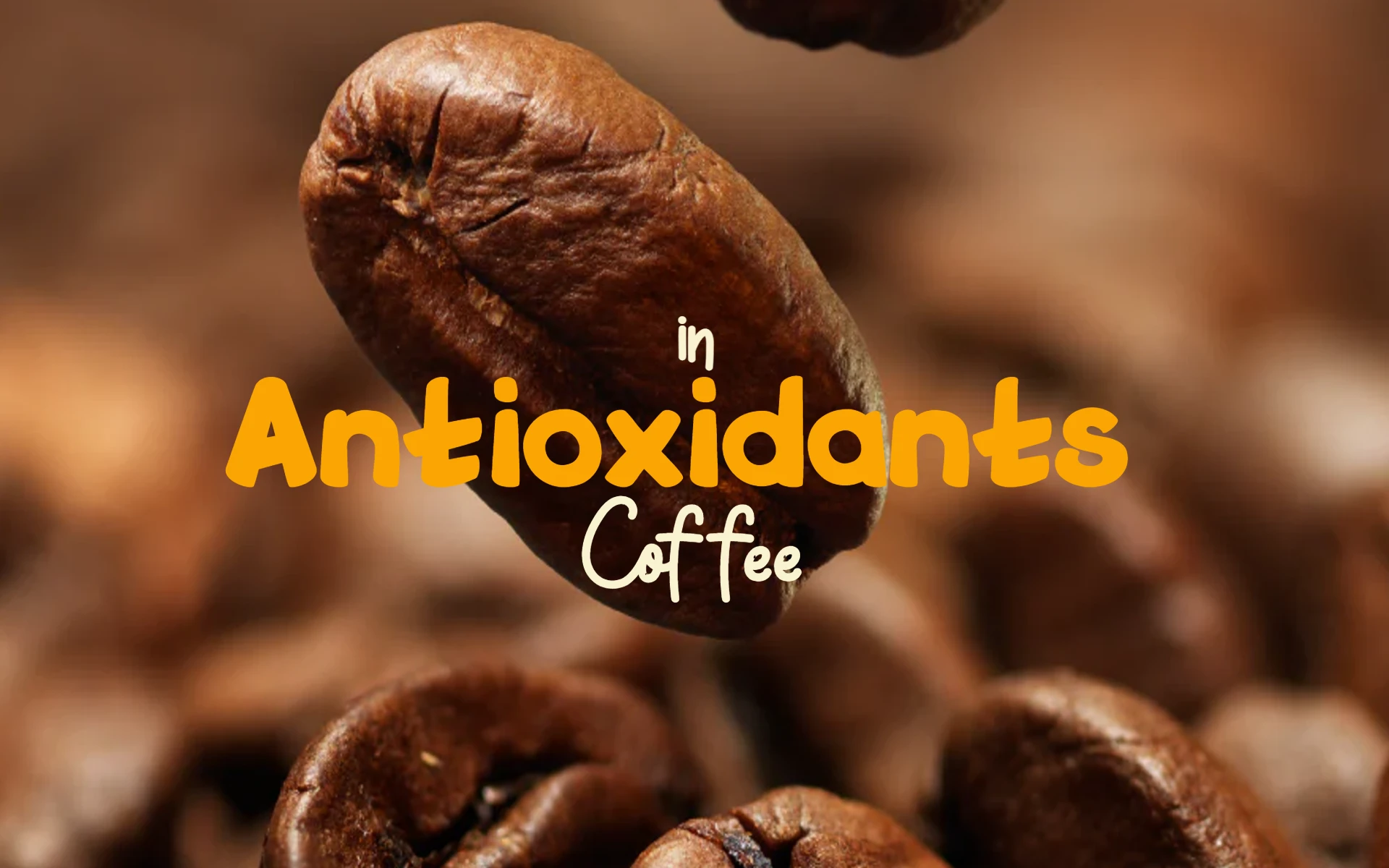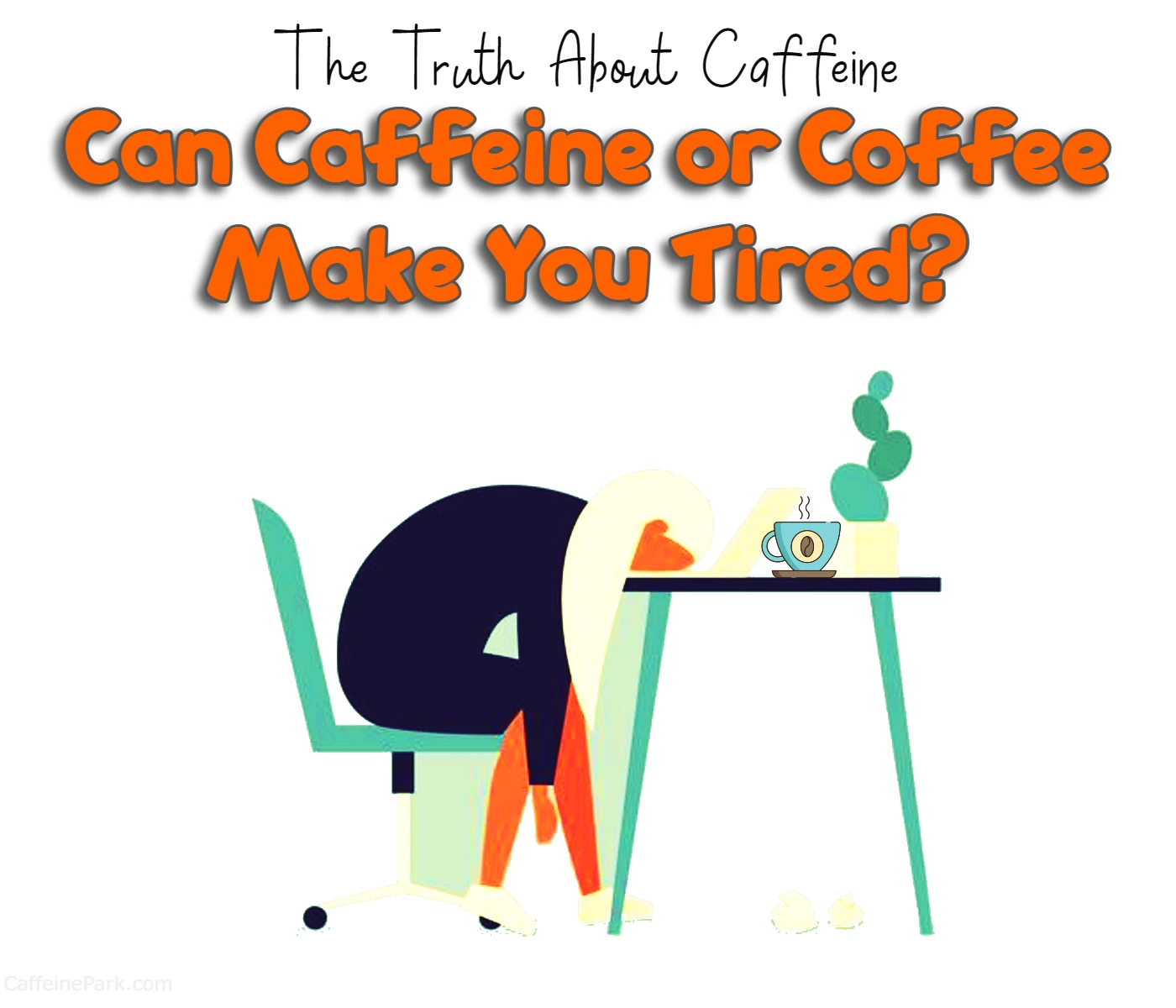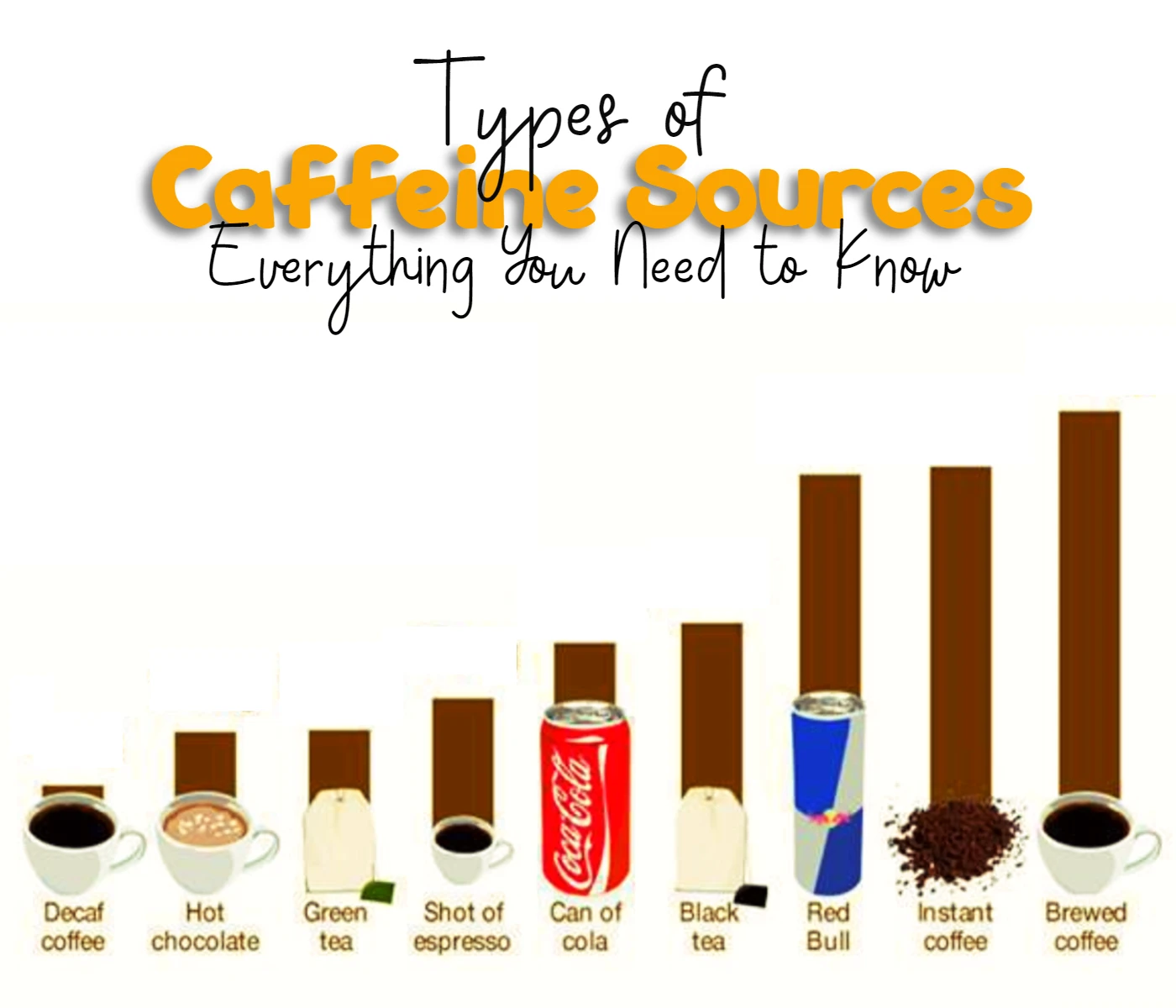
Welcome to my blog about the different sources of caffeine! If you’re like most people, you probably rely on caffeine to get you going in the morning or to help you power through a long day. But do you know where your caffeine is coming from, or how much you’re consuming?
In this blog, I’ll be exploring the different types of caffeine sources, from your morning cup of coffee to energy drinks and supplements. We’ll take a closer look at how much caffeine each source contains, as well as the potential benefits and risks associated with consuming too much caffeine.
So whether you’re a coffee lover, an energy drink addict, or just someone who wants to be more informed about the caffeine you’re consuming, this blog is for you. So, grab a cup of coffee or tea (or whatever your preferred source of caffeine maybe), and let’s dive into the world of caffeine! And don’t forget to read until the end for my recommendations on the best sources of caffeine and tips for consuming it in a healthy way.
Sources of Caffeine
Caffeine is naturally found in the seeds, leaves, and fruits of several plants, including coffee, tea, cocoa, yerba mate, kola nut, and guarana. The caffeine content of these plants can vary widely depending on factors such as the variety of the plant, the growing conditions, and the processing and brewing methods.
Cocoa beans, which are used to make chocolate, contain caffeine as well, with 1 ounce of dark chocolate containing about 24 mg of caffeine. Yerba mate, a traditional South American drink, contains caffeine in amounts ranging from 0.1-3 times that of tea leaves.
Kola nut, which is native to Africa and is used in traditional medicine, contains about 2-3 times the amount of caffeine as coffee beans. Guarana, which is native to the Amazon region, contains about 2-3 times the amount of caffeine as kola nut, making it one of the richest natural sources of caffeine.
Coffee: The Classic Caffeine Source
When most people think of caffeine, the first thing that comes to mind is coffee. It’s no wonder why – coffee is one of the most popular drinks in the world, and it is a great source of caffeine. A cup of brewed coffee typically contains around 95mg of caffeine, while a shot of espresso contains about 75mg.
One of the benefits of getting caffeine from coffee is that it is a natural source. Coffee is made from roasted coffee beans, which naturally contain caffeine. In addition, coffee has been shown to have a number of health benefits, such as reducing the risk of certain diseases and improving cognitive function.
However, there are also some downsides to using coffee as a caffeine source. Some people may experience negative side effects, such as jitters, anxiety, or digestive issues. Additionally, many people add sugar or cream to their coffee, which can negate some of the health benefits.
Tea: A Softer Caffeine Boost
Tea is another popular drink that can provide a dose of caffeine. However, the caffeine content of tea is generally lower than that of coffee. A cup of black tea typically contains around 47mg of caffeine, while a cup of green tea contains around 28mg.
One of the benefits of using tea as a caffeine source is that it contains other compounds that can have health benefits, such as antioxidants. In addition, some people find that tea is gentler on their digestive system than coffee.
On the other hand, some people may find that the lower caffeine content of tea is not enough to give them the energy boost they need. Additionally, some types of tea, such as black tea, can stain teeth.
Soda: A Sweet, Fizzy Caffeine Boost
Soda is another common source of caffeine. A can of cola typically contains around 40mg of caffeine, while some brands of energy drinks can contain up to 170mg per serving.
One of the benefits of using soda as a caffeine source is that it is widely available and can be a convenient option when on the go. In addition, many people find the sweet, fizzy taste of soda to be enjoyable.
However, there are also some downsides to using soda as a caffeine source. Many brands of soda contain high amounts of sugar, which can contribute to weight gain and other health issues. Additionally, the high acidity of soda can be damaging to teeth.
Energy Drinks: A Powerful Caffeine Boost
Energy drinks are a relatively new addition to the caffeine scene, but they have quickly become popular among those looking for a powerful energy boost. These drinks typically contain high amounts of caffeine, as well as other stimulants such as taurine and guarana.
One of the benefits of using energy drinks as a caffeine source is that they can provide a strong, fast-acting energy boost. In addition, many brands offer a variety of flavors and formulas, so there is something for everyone.
However, there are also some significant downsides to using energy drinks as a caffeine source. They are often high in sugar and other artificial ingredients, which can contribute to health issues like obesity and heart disease. Additionally, the high caffeine content can cause negative side effects such as jitters, anxiety, and insomnia.
Supplements: A Concentrated Caffeine Boost
Caffeine supplements are a popular way to get a concentrated boost of caffeine. Each tablet typically contains around 200 mg of caffeine, which is equivalent to the amount of caffeine found in two cups of brewed coffee.
These supplements are often marketed as a way to improve focus and energy levels, and they are commonly used by athletes and fitness enthusiasts as a pre-workout supplements. However, it’s important to remember that caffeine supplements can have negative side effects if taken in excess, just like any other source of caffeine.
Some of the potential negative side effects of caffeine supplements include increased heart rate, nervousness, restlessness, and difficulty sleeping. In extreme cases, they can even lead to heart palpitations, seizures, or other serious health issues.
It’s also worth noting that the effects of caffeine supplements can vary depending on the individual. Some people may experience a significant boost in energy and focus, while others may not notice any effect at all.
If you’re considering using caffeine supplements, it’s important to do so in moderation and to be aware of the risks associated with taking too much caffeine. It’s always a good idea to speak with a healthcare professional before starting any new supplement regimen, especially if you have any underlying health conditions or are taking any medications that could interact with caffeine.
Final Thoughts
In conclusion, caffeine is a powerful stimulant that is consumed by millions of people every day. It can help to improve focus, concentration, and energy levels, but it’s important to consume it in moderation to avoid negative side effects. By understanding the different sources of caffeine and how much caffeine is in each, you can make informed choices about your caffeine consumption.
Coffee, tea, and dark chocolate are some of the best sources of caffeine, as they are natural and provide other health benefits. Energy drinks and supplements, on the other hand, can be risky due to their high caffeine content and added ingredients. It’s important to always read the labels and consume these products in moderation.
Remember, too much caffeine can lead to negative side effects such as jitters, anxiety, and disrupted sleep. If you find yourself struggling to cut back on caffeine, consider seeking support from a healthcare provider or a nutritionist.
Ultimately, the key to consuming caffeine in a healthy way is to listen to your body and pay attention to how it affects you. With a little bit of knowledge and awareness, you can enjoy the benefits of caffeine without the negative side effects.
Tips for consuming caffeine in a healthy way
Here are some tips for consuming caffeine in a healthy way:
- Know your limits: It’s important to be aware of how much caffeine you can handle and to stick to that limit. For most adults, the recommended maximum daily intake of caffeine is 400mg or about 4 cups of coffee.
- Choose natural sources of caffeine: Natural sources of caffeine, such as coffee, tea, and dark chocolate, are generally healthier than energy drinks and supplements. They provide other health benefits, such as antioxidants and anti-inflammatory compounds.
- Avoid consuming caffeine late in the day: Caffeine can interfere with sleep, so it’s best to avoid consuming it in the late afternoon or evening. If you’re sensitive to caffeine, you may need to cut off your caffeine intake earlier in the day.
- Stay hydrated: Caffeine is a diuretic, which means it can dehydrate you. Be sure to drink plenty of water and other fluids throughout the day to stay hydrated.
- Don’t rely on caffeine as a substitute for sleep: Caffeine can help you feel more alert and focused, but it’s not a substitute for getting enough sleep. Be sure to prioritize good sleep habits, such as sticking to a regular sleep schedule and avoiding screens before bedtime.
- Be mindful of other sources of caffeine: Caffeine can be found in many unexpected places, such as certain medications, chocolate, and some types of tea. Be sure to read labels and be mindful of how much caffeine you’re consuming from all sources.
FAQs
The amount of caffeine in coffee can vary depending on the type of bean, roast level, and preparation method. Generally, darker roasts have less caffeine than lighter roasts, and brewed coffee has more caffeine than espresso. However, the exact amount can vary greatly, so it’s best to check the caffeine content on the packaging or with the coffee shop where you purchase your coffee.
Yes, decaffeinated coffee still contains a small amount of caffeine, typically about 2-5mg per 8-ounce cup. This is because the decaffeination process is not 100% effective at removing all caffeine from the beans.
Children are generally more sensitive to caffeine than adults and may experience negative effects such as anxiety, jitteriness, and difficulty sleeping. As a result, it is generally recommended that children avoid or limit their consumption of caffeine.
Yes, it is possible to overdose on caffeine. The symptoms of a caffeine overdose can include rapid heartbeat, high blood pressure, nausea, vomiting, tremors, and confusion. In rare cases, an overdose of caffeine can be fatal.
Read More:

